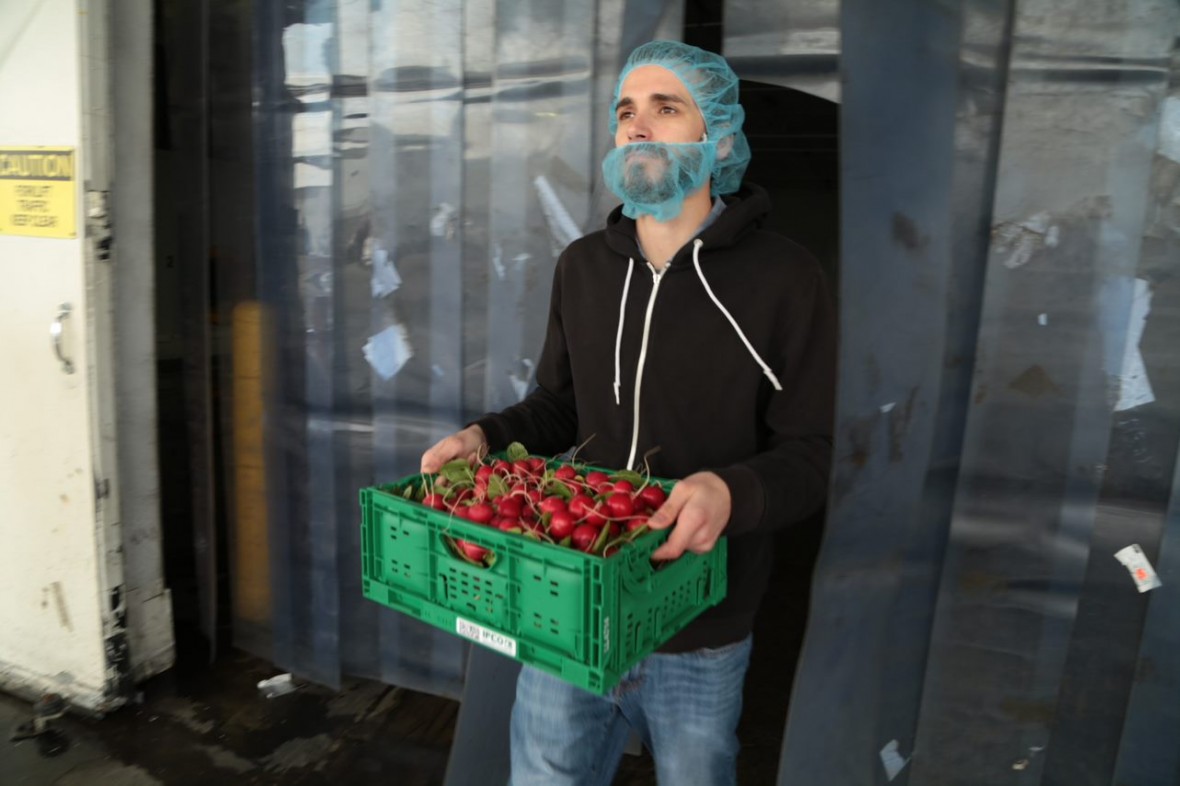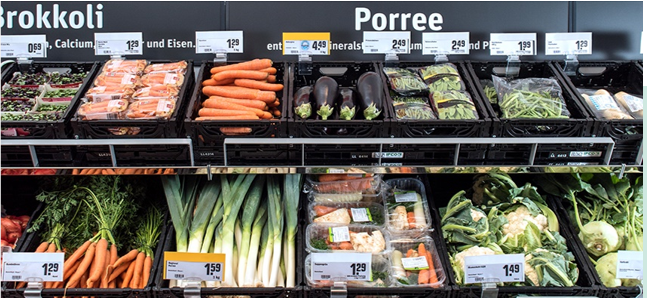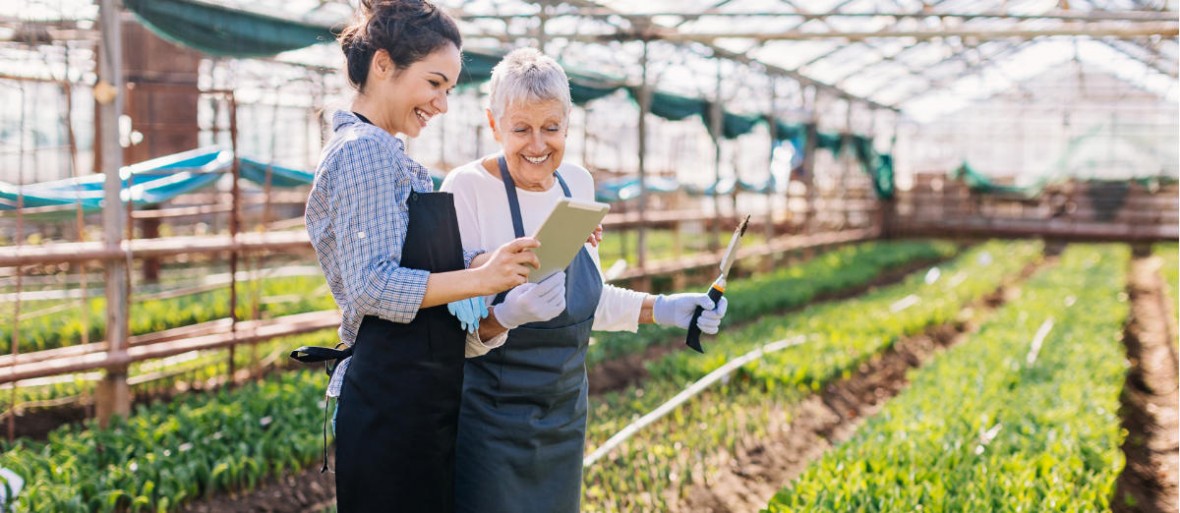Resilience is a word I’ve heard more than usual over the past 12 months, especially when referring to health professionals and communities heavily impacted by the COVID-19 pandemic. It brings to mind powerful images of strength, speed in response, and, ultimately, survival against the odds. It suggests a certain agility as well as an ability to bounce back, stronger than ever. Resilience is essential to be able to thrive through a crisis — on so many levels.

Throughout this pandemic, like so many people, I’ve been closely following the intense efforts of governments, businesses, research institutes and non-profit organizations to build individual and community resilience to the coronavirus. Initially, the focus was on protective measures and treatment. Now, attention has turned toward effective and safe vaccines. If enough individuals participate in a vaccine program, as increasingly appears to be the case, we all hope that it will bring community resilience at scale.
As individuals, when we choose to act in the interest of our community, we can help protect everyone, including the more vulnerable. Fortunately, thanks to the dedication of the most talented and determined scientists across the globe, this community resilience is now moving incrementally within our reach. Getting there is proving to be a logistical challenge of epic proportions, but also a scientific feat worth celebrating.
On a business level, resilience is about the ability to absorb the impact of a crisis without interruption, whilst guarantying business continuity in the process. However, as we have all experienced over the last year, the rapid spread of COVID-19 was a huge disruption to supply chains around the globe.
One of the more painful challenges was in the distribution of medical equipment to frontline workers. According to one WHO report, Pulse survey on continuity of essential health services during the COVID-19 pandemic, 90% of countries experienced serious disruptions to essential healthcare during the pandemic, and 44% of the cases were caused by supply chain issues with personal protective equipment (PPE). The financial costs were significant. We are still reeling from the human cost.

Similar logistical nightmares played out in other industries, too. According to one study, 94% of Fortune 1000 companies reported that they were experiencing supply chain disruptions, the fresh food industry amongst them. While the COVID-19 threat to our food supply may have waned, other threats and risks no doubt remain. For instance, in the UK, the changes in customs regulations following Brexit, are causing shortages of fresh produce in some retailers. We simply can’t predict for sure what they will be.
Just as within a community, a supply chain needs resilient members. Resilient vendors, suppliers and service providers bring operational resilience at scale. How do you go about building resilience? Primarily, resilience comes down to expertise, experience and inbuilt agility.
At IFCO, we experienced a dramatic volatility in global demand for our services across the different peaks and waves of the pandemic. As demand for fresh fruit and vegetables moved from hospitality to stores and private households, for instance,we were in a position to support growers, warehouse operators and retailers with this shift. As anyone who has worked in the fresh food chain will appreciate, speed in our support was always of the essence.

Principally, our agility came from the expertise of our teams, but also from our core purpose of creating a sustainable, efficient and safe supply chain.
Protecting people and food has always been our priority, which proved to be a strength during the pandemic. Advanced technology and automation across our service centers — including in the monitoring of food safety — ensured the smooth operation of our services as well as the safety of our staff and anyone who is directly or indirectly involved in our services.
What’s more, having placed the circular economy at the heart of our operations, our reusable packaging solutions continued to flow without a hitch to where they were needed. I’m delighted to say that we were in a position to support our customers in adapting rapidly to fast-changing situations.

“Primarily, resilience comes down to expertise, experience and inbuilt agility”
This past year has been a period of personal tragedies, unimaginable setbacks and uncertainty. These are the kind of adversities that put a business to the test. But more importantly, they test our personal limits, and shape our personal resilience. At this level, I’m no longer talking about our resilience to the coronavirus, but about our resilience in the face of adversity, whatever form that may take.
What can help someone overcome such adversity and become more resilient? In many ways, the very same things that a business would need. Expert support and a speedy response in times of stress and need.
What are your thoughts?

Stay up to date
Want the latest fresh food packaging industry knowledge delivered straight to your inbox? Subscribe to our newsletter and get the latest news, trends, articles and more!
